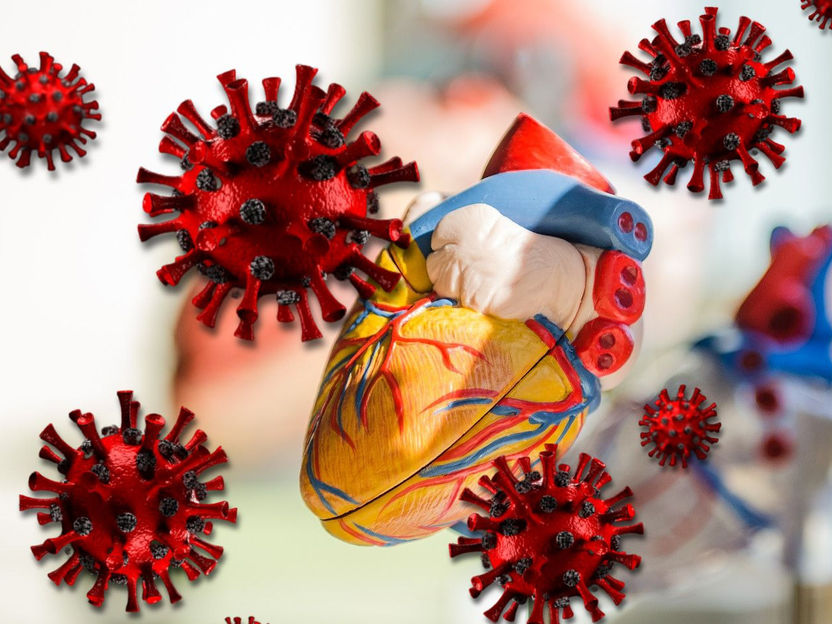BIOTECHNICA 2009 Expands Its Coverage
Focus on business, business development and knowledge transfer
The countdown has begun: in about 100 days from now, BIOTECHNICA will be getting under way in Hannover. “We are looking forward with confidence to this year’s BIOTECHNICA, despite current events in world markets. With a host of innovations on display and many new featured themes, it will stimulate new interest and involvement right across the biotech industry”, says Stephan Ph. Kühne, who sits on the Board of Management at Deutsche Messe AG in Hannover. “Our unique combination of trade fair, congress, partnering event, award and careers platform caters very effectively to the needs of the biotechnology market. It offers exhibitors and visitors an ideal platform for developing new business leads, cultivating existing business relationships and sharing knowledge with fellow professionals.” BIOTECHNICA 2009 will be formally opened on 5 October by Lower Saxony’s Minister for Economic Affairs, Dr. Philipp Rösler, and Dr. Stefan Marcinowski, a board member at BASF and president of the German Biotech Industry Association (DIB). Also speaking at the opening ceremony will be the Australian Kary Mullis, winner of the Nobel Prize for chemistry in 1993 and inventor of PCR (Polymerase Chain Reaction). The guest speakers will also be presenting the EUROPEAN BIOTECHNICA AWARD, now worth 100,000 euros in prize money, which Deutsche Messe is handing out for the seventh successive year to innovative European biotech companies. bioinformatics is one of the top themes at this year’s BIOTECHNICA. The analysis, safeguarding and dissemination of complex biological data on a large scale present major challenges for biotechnology, pharmaceutical research and medicine in the years ahead. For this reason BIOTECHNICA is mounting its first-ever exhibition on the subject of Bio IT. Supplementing this exhibition is the conference “BIO-IT World Europe”, which is being organized for the first time in Europe by the Cambridge Healthtech Institute (CHI. The other growth segment in the pharmaceutical sector consists of so-called “biologicals”, and specifically monoclonal antibodies and recombinant proteins. In Hall 8 visitors will find this subject covered in the new exhibition “Protein Engineering”, which accompanies the first “Protein Engineering Summit Europe” (PEGS Europe). Likewise organized by the Cambridge Healthtech Institute, this conference explores a series of issues surrounding protein expression and antibodies. Staged for the first time in association with BIOTECHNICA is the major international congress on modern techniques for bone regeneration “bone-tec 2009” (8 to 11 October). International scientists will explore various aspects of the regeneration of bone, cartilage, tendons and ligaments. The four-day congress is being organized by the Hannover-based scientific institute INDENTE, Centre for tissue engineering.
Other news from the department business & finance
Most read news
More news from our other portals
See the theme worlds for related content
Topic world Antibodies
Antibodies are specialized molecules of our immune system that can specifically recognize and neutralize pathogens or foreign substances. Antibody research in biotech and pharma has recognized this natural defense potential and is working intensively to make it therapeutically useful. From monoclonal antibodies used against cancer or autoimmune diseases to antibody-drug conjugates that specifically transport drugs to disease cells - the possibilities are enormous

Topic world Antibodies
Antibodies are specialized molecules of our immune system that can specifically recognize and neutralize pathogens or foreign substances. Antibody research in biotech and pharma has recognized this natural defense potential and is working intensively to make it therapeutically useful. From monoclonal antibodies used against cancer or autoimmune diseases to antibody-drug conjugates that specifically transport drugs to disease cells - the possibilities are enormous























































